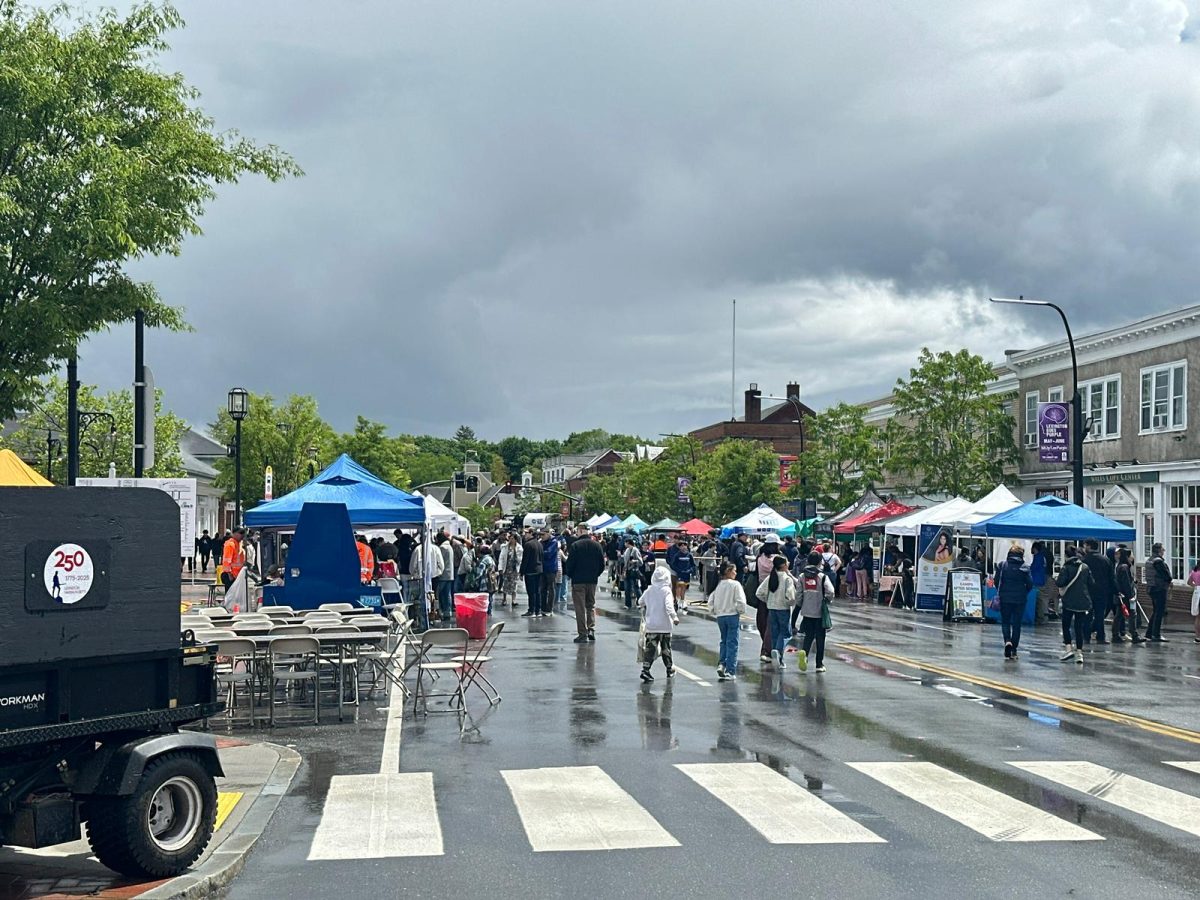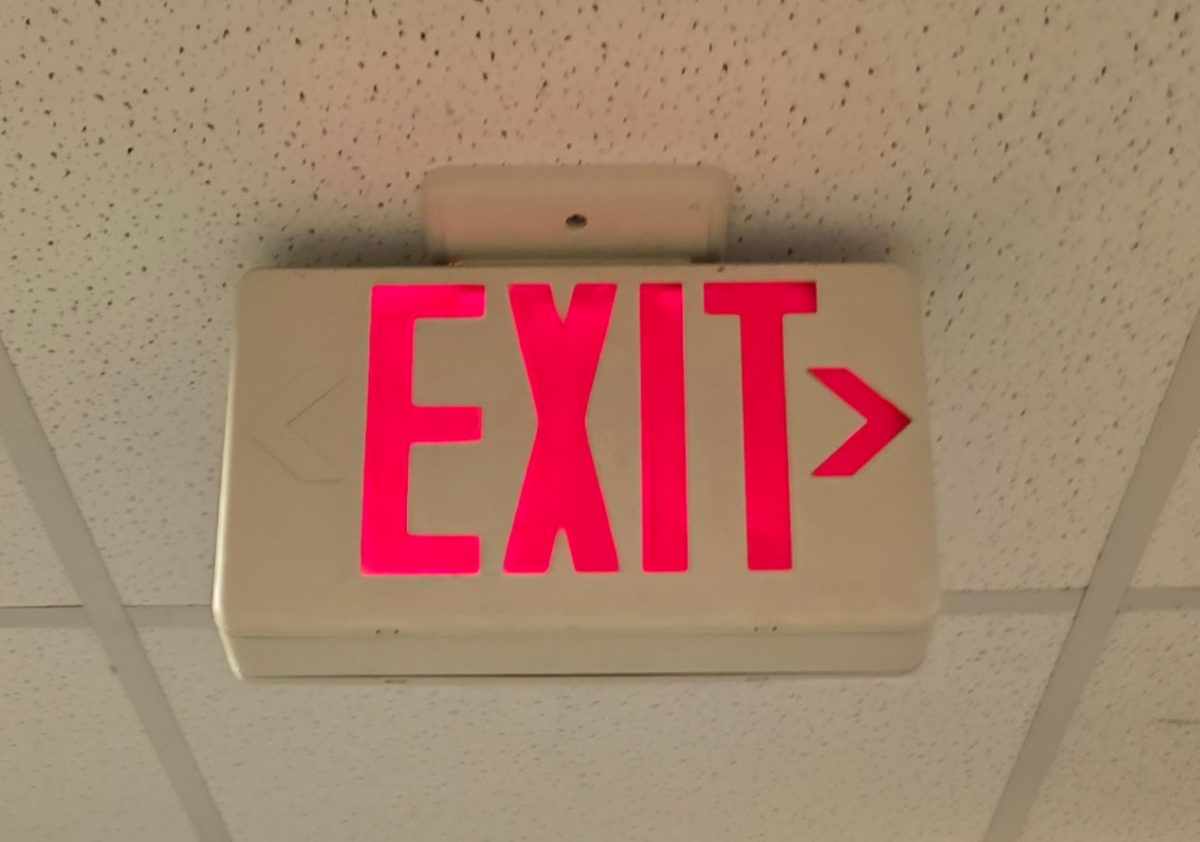Owen Rosenthal, a junior at Lexington High School, is pushing for the creation of Tourette Syndrome Awareness Day in the Massachusetts state legislature. Rosenthal was diagnosed with Tourette Syndrome, a neurological disorder characterized by repeated and uncontrolled movements or sounds called tics.
“I was diagnosed with Tourette Syndrome … 19 or 20 months ago,” Rosenthal said. “I had tics since I was in third grade, but it still was somewhat of a shock to me.”
Rosenthal was inspired to take action after the long and difficult process of receiving a proper diagnosis. Despite having parents who work in healthcare, it took him six years to receive a diagnosis and nine months to secure an appointment. The average wait time in Massachusetts is 24 months, which is one of the lowest in the country.
“If I’m struggling to be able to get the care that I need, [for] people who don’t have connections to the healthcare sector and don’t have a real understanding about what’s going [on], it must be an absolute nightmare,” Rosenthal said.
As a member of the Tourette Association of America (TAA), Rosenthal was trained to present and testify in front of Congress regarding various legislations to lobby for change. While working on a history project in which he had to write to a state senator and representative, Rosenthal was inspired to utilize his training on a smaller scale. He has been trying to raise awareness of Tourette Syndrome by making June 7th a recognized date across Massachusetts.
“I [want to] try to make [the day recognized state-wide] so more people know about [Tourette’s] and more people can get diagnosed. It can help enact all of the people who work together in Massachusetts to have an organized day where we can try and spread awareness effectively,” Rosenthal said.
New research suggests that Tourette Syndrome affects approximately one in 50 people between the ages of 5 and 14. Although it is relatively common, it remains heavily misunderstood.
“Even doctors aren’t really fully understanding what this condition is,” Rosenthal said. “Most people, when they think of Tourette’s syndrome, think of someone yelling, kicking, [and] screaming … especially [with] profanity. This only happens in about ten percent of kids with Tourette Syndrome.”
Social media often exacerbates these misconceptions. The most extreme cases tend to get the most attention online, which leads to misconceptions and builds stigma. Rosenthal believes schools need to play a stronger role in educating students about Tourette Syndrome and other neurological conditions.
“I think that the first step is awareness. It’s pretty much the only thing that stays between me and someone like me from not being able to function and feel like they’re a part of the community at LHS,” Rosenthal said.
Rosenthal remains hopeful that change is possible, not just in Lexington, but across Massachusetts.
“Do I think we have the opportunity to become much better because of leadership [and] because of different initiatives that we can start in this town? 100%. But in terms of states, 1000%. We are so much further ahead,” Rosenthal said.
While Tourette Syndrome has been recognized for hundreds of years, it still has high numbers of undiagnosed cases. Rosenthal expresses that he wants that to change for the many people who are unable to receive the necessary diagnosis, either due to misinformation or unawareness.
“Even just basic knowledge of this condition… would be transformative for people who are looking for a diagnosis, don’t realize they have tic disorders, or people who have diagnoses and might feel like outcasts. It would make everyone’s lives better,” Rosenthal said.




